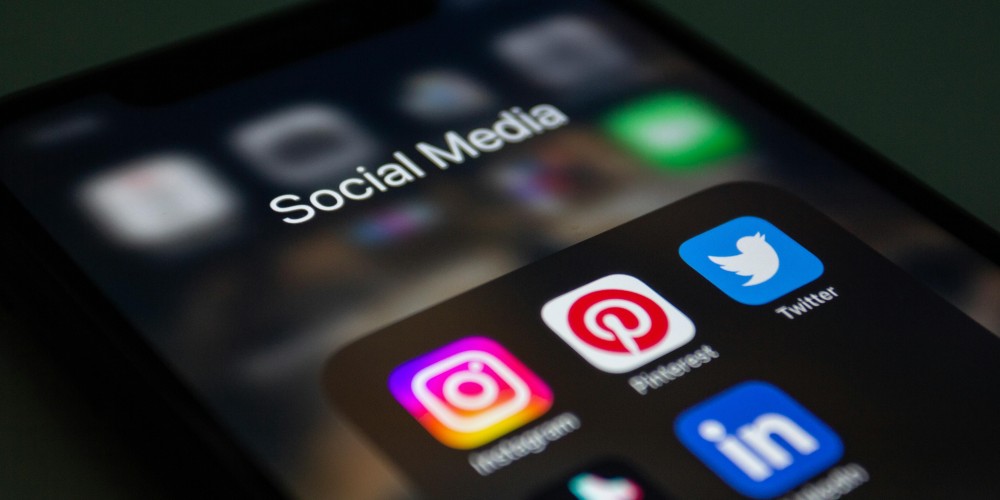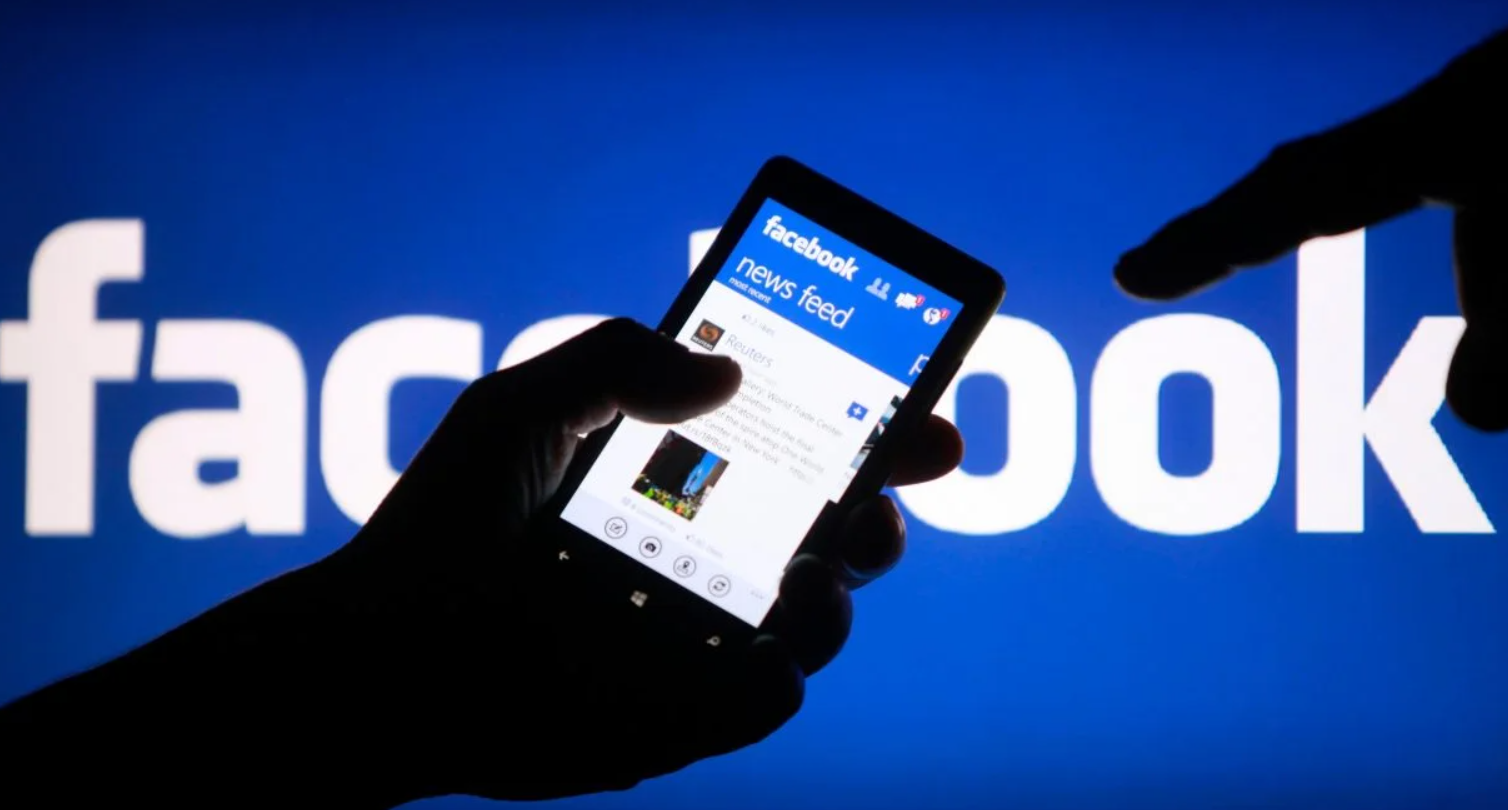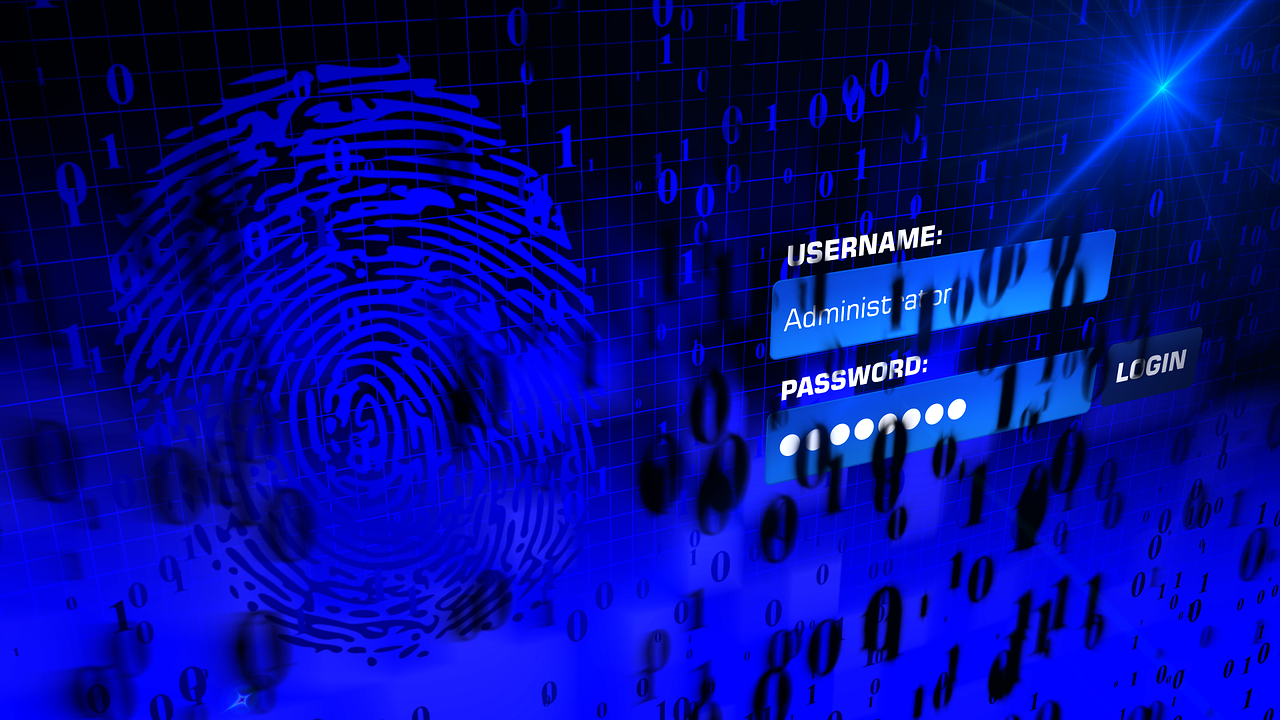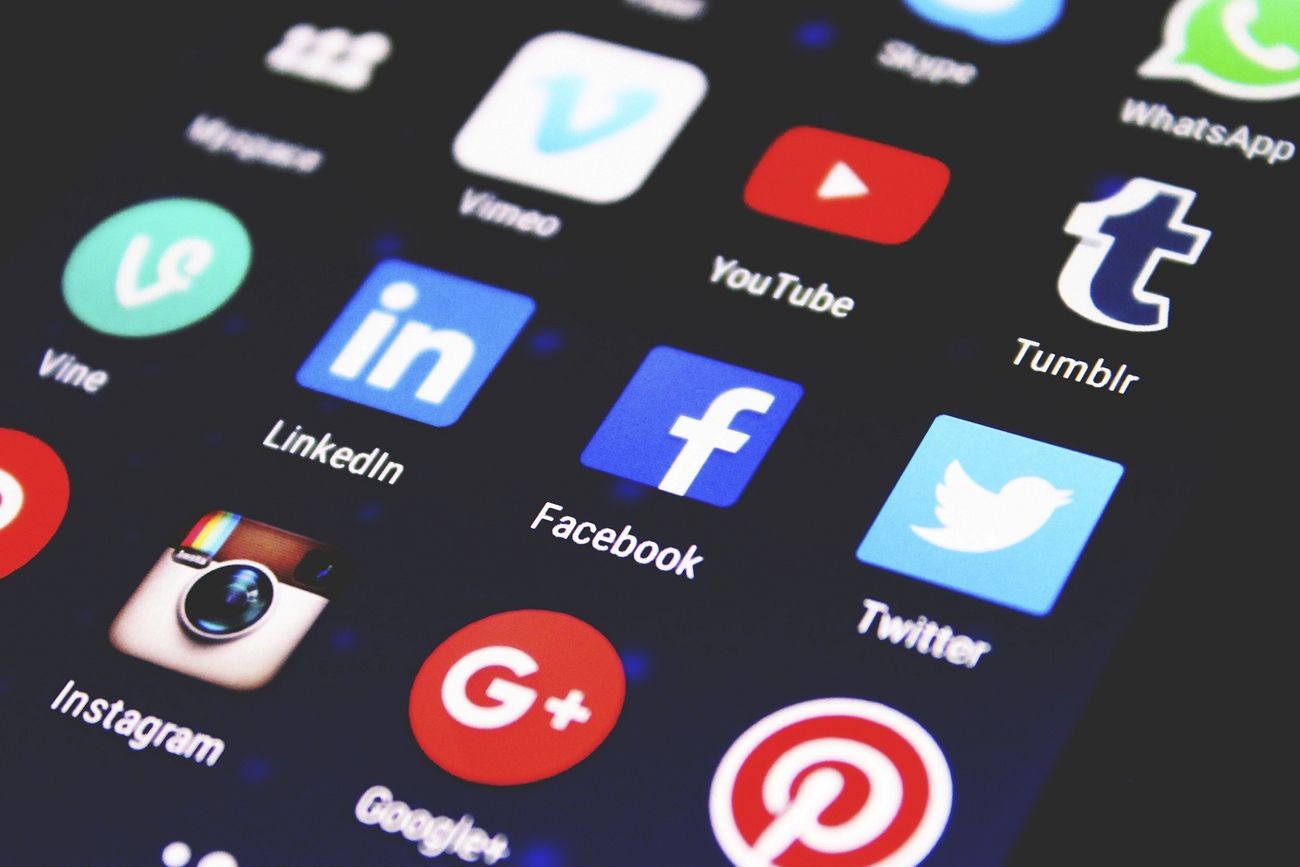Navigating the Minefield of Privacy: Your Guide to Safeguarding Personal Data on Social Media Platforms
- Feb-29-2024
- 1041

In our digitally interconnected world, social media has become a central hub for communication, networking, and entertainment. However, the convenience of these platforms comes at the price of potential vulnerability. With the ever-present threat of data breaches and identity theft, it's crucial to take proactive steps to secure your personal information. In this guide, we'll walk you through effective strategies to protect your privacy on social media apps, ensuring that your digital footprint remains your own.
Crafting a Fortified Profile

Creating a strong social media presence doesn't just involve curating content or growing your network; it also requires securing your account against unauthorized access and data leaks. The foundation of a secure profile is a robust password. Avoid common words and predictable sequences; instead, opt for a complex combination of uppercase and lowercase letters, numbers, and symbols. Password managers can assist in generating and storing these passwords securely.
In addition to a strong password, many social media platforms now offer two-factor authentication (2FA), adding an extra layer of security. With 2FA enabled, accessing your account requires not only your password but also a one-time code sent to your mobile device or generated by an authentication app. This means that even if someone were to obtain your password, they would still need this second form of verification to enter your account.
The Art of Sharing Wisely

Social media tempts us to share our lives with the world, but oversharing can lead to unforeseen risks. It's essential to be mindful of the type of information you post online. Avoid sharing sensitive details like your home address, phone number, or financial information, as these can be used by cybercriminals for malicious purposes. Furthermore, consider the long-term implications of your posts. Could the content you share today compromise your privacy or safety in the future?
The privacy settings on your social media apps are powerful tools that can help control who sees your information. Regularly review and adjust these settings to ensure that only intended audiences can view your posts. Be aware that default settings may not always favor your privacy, so take the time to customize them according to your comfort level. Additionally, be selective with friend requests and connections. It's better to have a smaller circle of trusted contacts than a large network of acquaintances with access to your personal data.
The Importance of Regular Audits

Just as you regularly check your bank statements for any signs of fraudulent activity, you should also conduct periodic audits of your social media accounts. Scrutinize your profile for any old posts, tags, or information that may no longer reflect your desired level of privacy. It's also wise to review the list of apps and services connected to your social media accounts. These third-party connections can sometimes have permissions that extend beyond what is necessary, potentially exposing your data.
During these audits, take the time to update your security settings and change your passwords. Cybersecurity threats are continually evolving, so staying vigilant is key to maintaining your digital safety. Check for any unfamiliar devices or locations that have accessed your account, as these could indicate a security breach. If you notice anything suspicious, address it immediately by updating your security measures and notifying the social media platform.
In the digital age, maintaining the security of your personal data on social media apps is not just a recommendation; it's a necessity. By setting strong passwords, sharing wisely, tweaking privacy settings, and conducting regular account audits, you can significantly reduce the risk of compromising your personal information. Staying informed and cautious will empower you to enjoy the benefits of social media without sacrificing your privacy. Remember, in the realm of online security, you are your first line of defense.